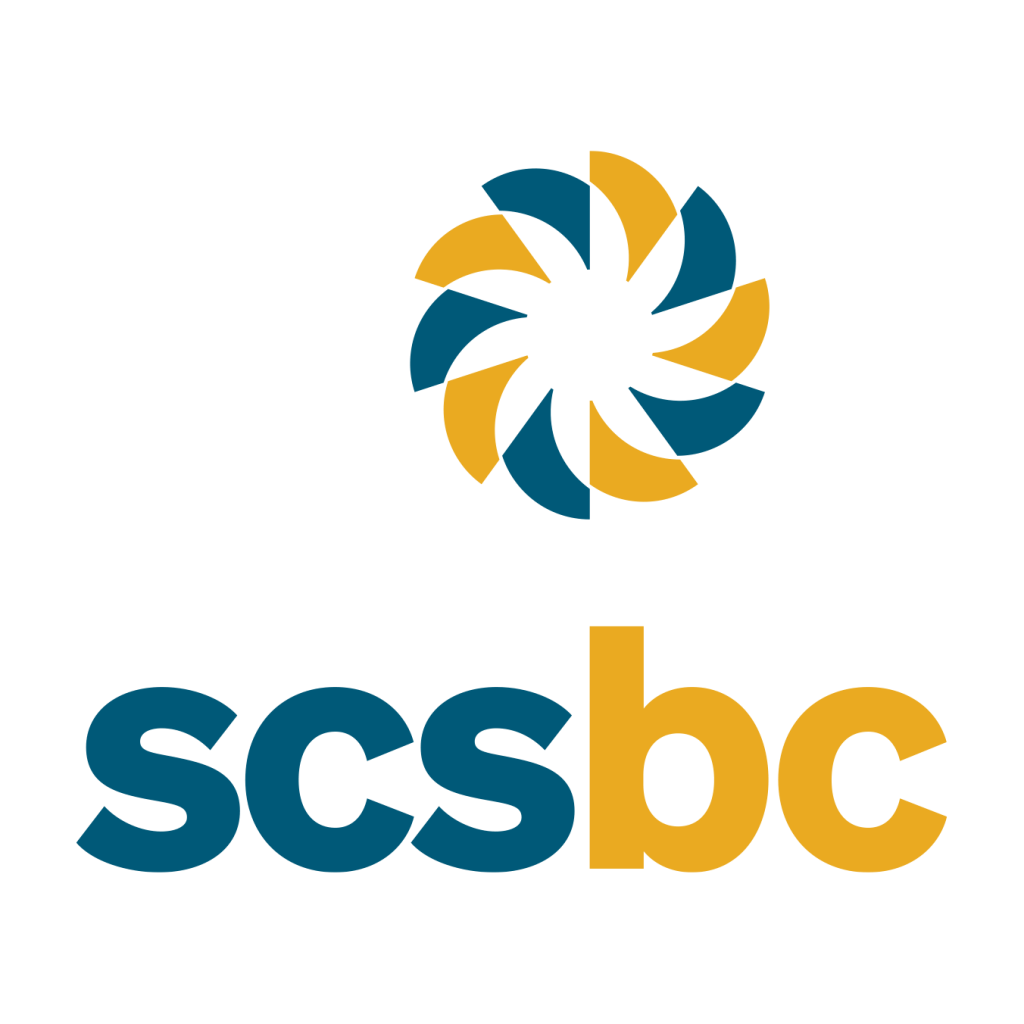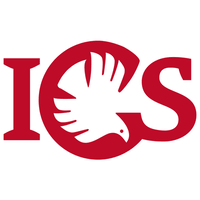LEARNING TRACKS
LEARNING TRACKS ENCOURAGE PROFESSIONAL GROWTH OVER THE LONG-TERM
Covenantal Partnership Track
We are committed to working with schools and educators to develop long-term professional development plans. Through our partnership with Society of Christian Schools (SCSBC) we can support school development plans with learning leaders, Residency coaches and on-site professional development days for schools.
A covenant partnership would allow schools consecutive access to our Residency week, so we can continue to promote deeper learning training for the school’s educators. If a covenant partnership is inline with your school’s strategic growth plan or you are looking to develop a professional learning growth plan for your school, please contact us directly at residency@scsbc.ca.
Professional Learning Track
The Residency has partnered with the Institute for Christian Studies (ICS) in Toronto, Ontario and Dordt University in Sioux Centre, Iowa to offer a professional growth track available to all Residency participants. Should participants want to continue their deeper learning journey, our university partnerships will provide partial graduate credit in pursuit of a Master of Education degree from Dordt and a Master of Arts in Educational Leadership from ICS.
*Note: Any participants that pursue a professional track must qualify for admittance to one of the partner universities.
Partnering Universities and Associated Courses
Finding Joy in Learning
Finding Joy in Learning provides educators with a vocational vision of Christian educational innovation and leadership. It is intended to guide educators on an inner journey as they begin cultivating personal competency in critical and constructive reflection on your professional practice.
Deeper Learning: From Wonder to Inquiry to Practice
This course explores deeper learning within the context of a celebration of the learner, a mindfulness towards learning design, and a responsiveness to culture. Students will gain an understanding of global education and how it can inform one’s deeper learning pedagogy.
Transformative Teaching: The Role of a Christian Educator
Transformative Teaching considers constructivism, that informs student-centered pedagogies such as Project Based Learning, through the lens of Scripture and investigates the assumptions that it makes. Students will explore their calling as Christian educators to transform culture in our schools, local community, and the world.
Issues in Education
This course critically examines the philosophical and historical background and context of contemporary educational practice. The focus is on key issues currently affecting the areas of teaching, curriculum, learning, and the school as an institution. Emphasis falls on relating philosophical and historical contexts to daily classroom practice. Course participants are equipped to use philosophical analysis as part of their reflective practice drawing on understandings and commitments in this course.
Best Practices in Instructional Strategies
This course examines practices and theories in advanced pedagogy and instruction. Geared for the classroom teacher who wants to take instruction to the next level as well as the instructional coach working with colleagues, the course uses a biblical foundation to explore the nature of teaching and learning and to examine a variety of research-based, objectives-driven teaching and instructional strategies.
Teaching for Transformation I
Participants in this course will recognize how worldviews (stories) shape and pervade all aspects of the educational endeavor. By identifying different historical and philosophical worldviews (stories) and by grounding their teaching in God’s story, participants will design and implement curricular, instructional and assessment practices that invite and nurture their students to live into their roles in God’s Story. Based on best practices of backward design, project-based learning and expeditionary learning models, participants will be guided through professional development workshops and guided readings to transform their teaching practices to empower their students to meet the real needs of real people by engaging real work.



